View all filters
Clear
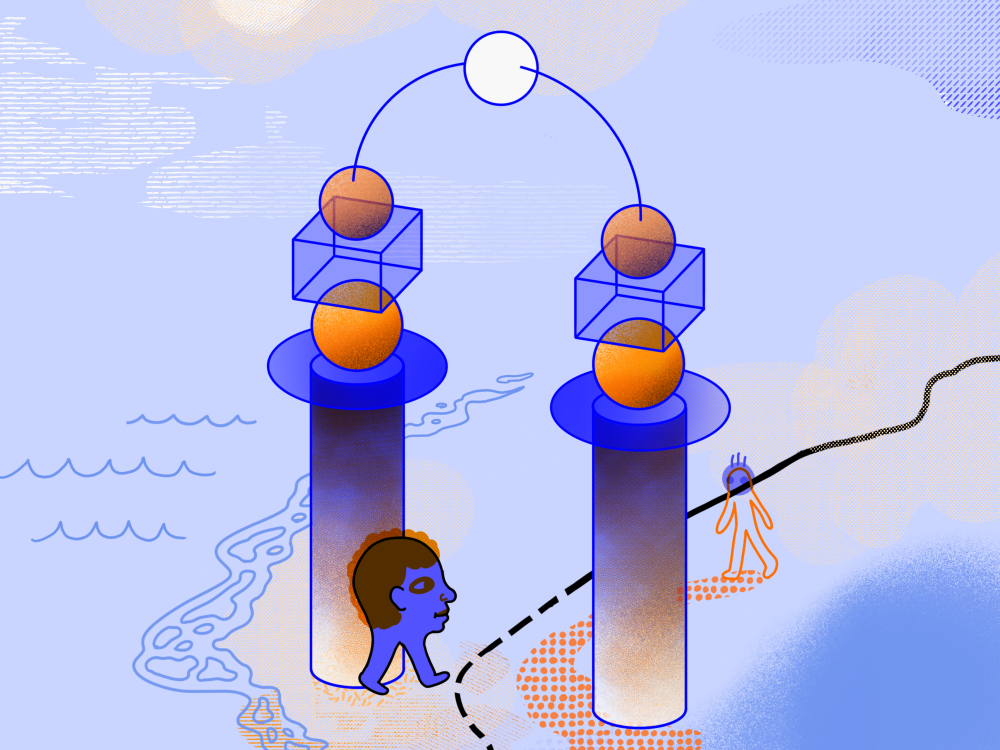
Ourselves and Others
Explore identity and connection through the body, family dynamics and self-reflection
Niti
Všechna polní i lesní zvěř
Pássaros que cantam o futuro
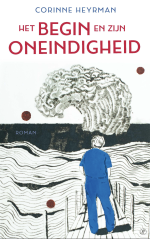
L’inizio e la sua eternità
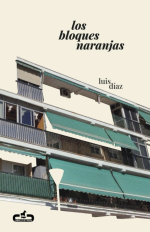
Narandžaste zgrade
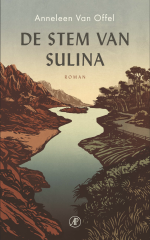
Гласът на Сулина
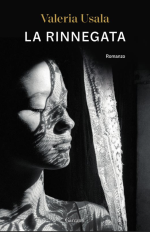
De verloochende
Ode aan de orkaan
Wszystkie zwierzęta polne
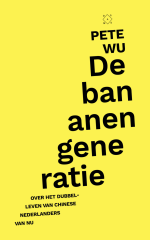
De bananengeneratie: over het dubbelleven van Chinese Nederlanders van nu
Pete Wu is een banaan. Althans, zo noemt zijn moeder hem liefkozend: ‘geel van buiten en wit vanbinnen’. Hij is een tweede generatie Chinese Nederlander, die midden in de Nederlandse samenleving staat. Toch wordt Pete ongewild herinnerd aan zijn anders-zijn. Door mensen die hem vragen waar hij nou écht vandaan komt. Of anders wel door de gemiddelde carnavalshit, Meneer Cheung uit Ik hou van Holland, of Gordon: ‘Wat ga je zingen? Nummer 39 met rijst?’ In De bananengeneratie gaat Pete in gesprek met ‘mede bananen’ die net als hij worstelen met hun Chinese Nederlanderschap. Hij praat met hen over generatieclashes, daten, discriminatie en eenzaamheid. En over het gevecht om jezelf te mogen zijn – bevrijd van clichés.
De levenden
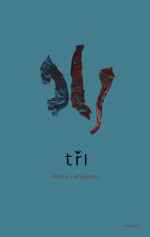
Tri!
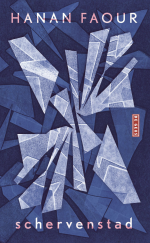
ciudad fragmentada
Jerycho

Началото и неговата безкрайност
Evolucija umnjaka
PISK
Čistilna naprava
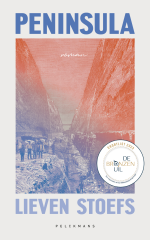
El Corredor (Península)

Meine Mutter hat Blumen gezüchtet (Uslovi nisu bitni)
Ljiljana D. Ćuk’s short prose dives into the depths of human emotion, exploring a strong sense of existential despair. With a direct and uncompromising style, Ćuk reveals the struggle to make peace with a world that feels broken, where every part of reality comes with an unsettling sense of disgust. Her writing gives readers a raw and intense experience, confronting the challenge of finding meaning in a universe that seems indifferent.
"The short prose of Ljiljana D. Ćuk is not only exquisite literature, which it undoubtedly is, but also an expression of general despair, the torment of trying to come to terms with anything that exists, as everything existing is mostly seen and experienced as repulsive in itself." (Srdjan Srdić)